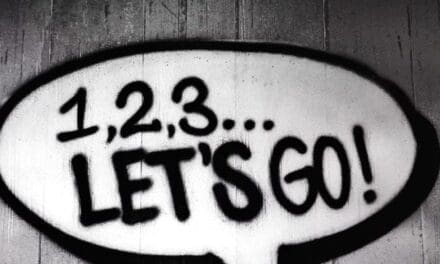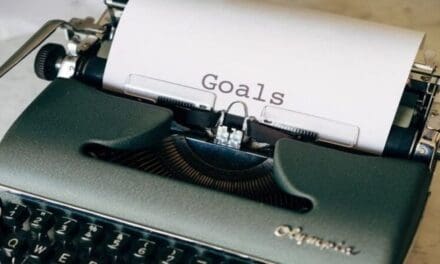Prefer to listen to this article? Press Play!
Ways to Use Procrastination to Your Advantage
It gets a bad reputation. Okay, so the majority of the time, procrastination’s bad reputation is well deserved. In most cases, procrastination leads to anxiety, guilt, and disappointment. That’s negative. How can it be anything other than that? Well, you can use procrastination to your benefit. You don’t have to feel anxious, guilty or disappointed. Particularly if you are a creative person or you’re someone who needs space to think, work, and generate ideas.
When urgent requirements pop up, you tend to push other tasks aside to focus on the urgent. Procrastinating doesn’t mean that you’re doing nothing. The problem with it is that the things that procrastinators choose to do are minimally useful. It’s busywork. If you procrastinate, you’ll know that you do lots. You’re not careless and you’re not lazy. You just plan to take care of it later. Having said that, procrastination isn’t going to help you with strategic thinking or research.
Active Procrastination
People who postpone work and complete it later are controlling their time. They are actively managing it, even though it may seem like procrastination to others. Of course, they’re not particularly concerned with deadlines. They enjoy the thrill of fear and delay work and feel challenged by a looming deadline. These are the type of procrastinators who deliver. They do make those deadlines because they know they have the time to complete the job. Some people would look at this type of behavior and wonder how the stress and pressure don’t break them. These are the people who thrive under pressure.
Active procrastinators are different from the typical conversation we have about procrastinators. Generally, the conversation on procrastination is focused on passive procrastinators. The passive type of procrastinator does get anxious. They struggle to concentrate because the looming deadline has made them uncomfortably under pressure. There’s never enough time because there is never an effort to manage the time they have.
So, as far as procrastination goes. Are you an active procrastinator? Or, do you fall under the passive procrastination umbrella?
When you know yourself you can schedule your tasks and activities to prevent the anxiety that stems from deadlines.
Procrastination & Creativity
Research suggests that you can increase your ability to retain information and recall it when you leave a task unfinished and revisit it. It’s the Zeigarnik Effect. Other studies stemmed from this original theory and confirmed Dr. Zeigarnik’s findings. It was something she had noticed while eating out. The waiters kept track of unpaid meals and orders. Yet, once customers received their orders and paid, the waiters could no longer recall the detailed information their brain held. That led her to a study of almost 150 children. They were given tasks and interrupted throughout. Over 100 children could recall the tasks that had been interrupted an hour later, much better than the tasks they’d completed. The experiment was repeated with adults to similar results. This suggests that the desire to finish a task keeps it fresh in your memory until you complete it. Essentially, this is how you can use your habit of procrastination to your benefit. You can let your mind wander and improve your creativity.
When you leave something undone it’s going to remain at the forefront of your mind. You think about it more, it can encourage you to improve what you’re working on. Your brain can’t let go of work that has been left unfinished. That sounds like a negative, and it can be, but in this case, you are going to use that to your advantage.
What’s important to understand is that this form of procrastination might not be useful to you if you have a series of strict deadlines to achieve. This is for the procrastinators in creative fields. Or, those who are constantly solving problems. You can use procrastination to your benefit.
Let us know your thoughts below in the comments section.





